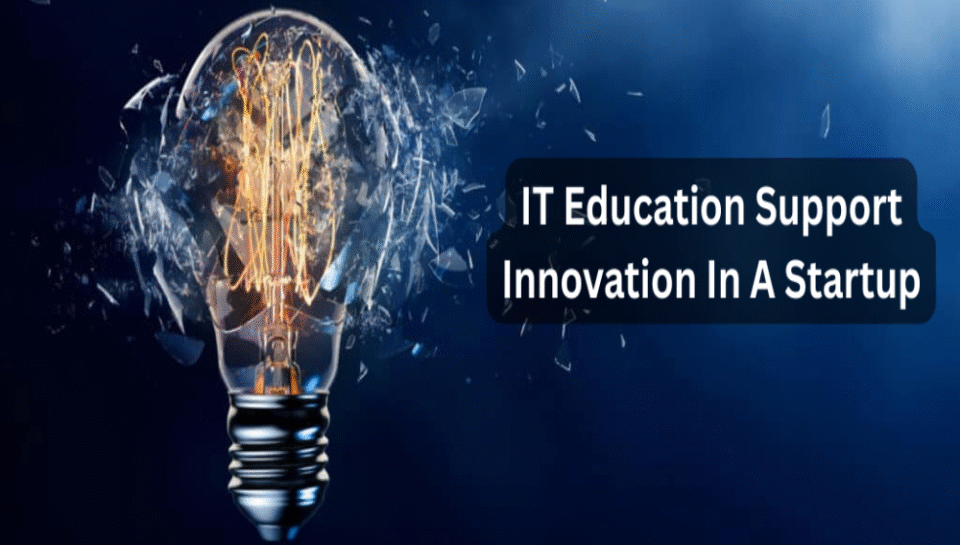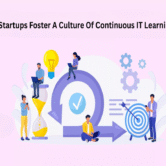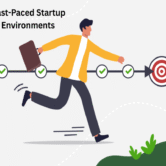
How can IT education support innovation in a startup?
Empowering Technical Autonomy
- Reduces reliance on developers or IT for basic problem-solving.
- Enables all employees to automate tasks and build no-code solutions.
- Fosters faster prototyping and experimentation across teams.
- Encourages agile decision-making with immediate tech understanding.
- Builds confidence to explore advanced tools and concepts independently.
Enhancing Product and Service Development
- Equips teams to test ideas using data and real-time feedback loops.
- Improves technical input in product design and planning meetings.
- Encourages cross-functional collaboration between tech and business roles.
- Helps teams apply user feedback through better use of digital tools.
- Reduces development time by enhancing requirements clarity.
Fueling Process Improvements
- Trains staff to identify inefficiencies and suggest digital solutions.
- Enables lean workflows through automation and system integrations.
- Promotes self-service analytics for internal decision-making.
- Supports continuous improvement through accessible metrics.
- Encourages iterative approaches aligned with startup agility.
Building a Tech-Forward Culture
- Positions IT as a driver of business value, not just support.
- Inspires proactive learning and curiosity about new trends.
- Makes innovation a shared responsibility across the organization.
- Creates opportunities for internal champions to lead change.
- Enhances adaptability in responding to rapid market shifts.
Attracting and Retaining Talent
- Signals a commitment to growth and skill development.
- Appeals to high-potential employees seeking career progression.
- Enables faster integration of new hires into tech environments.
- Supports team members in exploring advanced roles or technologies.
- Builds internal credibility and investor confidence through capability.





